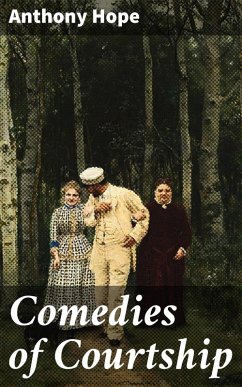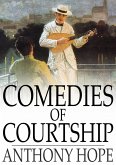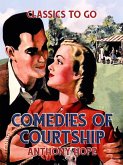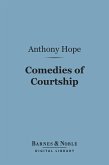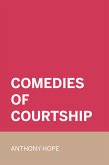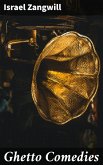In "Comedies of Courtship," Anthony Hope deftly intertwines humor and romance within the backdrop of late Victorian society. The collection showcases an array of comedic tales that expose the absurdities and intricacies of romantic pursuits, exploring themes of love, societal expectations, and the folly of human nature. Hope's literary style is marked by his clever dialogue, engaging characters, and a keen sense of irony, allowing readers to appreciate both the entertainment and the subtle critiques embedded within his narratives. The book stands as a reflection of the era's shifting social mores, capturing the tensions and triumphs of courtship in a rapidly modernizing world. Anthony Hope, known for his adventurous novels like "The Prisoner of Zenda," was a keen observer of society and its foibles. His background in law and a deep interest in dramatic storytelling led him to explore the nuances of relationships within his work. Drawing inspiration from his own experiences and the societal landscape of his time, Hope brings a unique perspective to the romantic dilemmas portrayed in this collection, bridging the gap between comedy and genuine emotional insight. Readers who appreciate sharp wit and nuanced character studies will find "Comedies of Courtship" a delightful exploration of romance, rich with laughter and poignant reflections. This book is an essential read for those interested in Victorian literature, as it encapsulates the humor and contradictions of courtship, making it a timeless commentary on love's complexities.
Dieser Download kann aus rechtlichen Gründen nur mit Rechnungsadresse in A, B, BG, CY, CZ, D, DK, EW, E, FIN, F, GR, H, IRL, I, LT, L, LR, M, NL, PL, P, R, S, SLO, SK ausgeliefert werden.

